Managing Crisis Communications
In this period when the Covid-19 situation is dominating local, national and world attention, business executives, social service providers and community leaders will be called upon to address the crisis and to comment on what their agency is doing (or not doing) to provide solutions and ease public concern. At Purdue Marion & Associates, we train our clients in rapid response techniques before a crisis occurs so that we are ready to mobilize quickly should one emerge, and now seems an appropriate time to share those communications tactics.
First and foremost, we evaluate the multitude of audiences that are paying attention to what you are saying. It may seem comfortable to think that you are only addressing the reporter in front of you or the public in general, but your audience is more complex than that: it includes current customers and potential consumers, vendors and contractors, elected officials and industry regulators, shareholders and employees, and of course, your competition. All will be eagerly evaluating what you have to say and how you are saying it, all through the lens of their own self interest.
Once we know our audience, then we work on crafting the message – and there are a few simple rules that we follow – with the last one being the most important of all.
Be forthright and honest – Always. People know when you are hiding information but more important, they know when you are lying; once you’ve broken their confidence, it is rare that you can get it back. And reporters are merciless if they feel they’ve been deliberately misled.
Given the first rule, there are questions that you will be unable to answer, either because there are legal ramifications or because you do not know the answer yet. It is both appropriate and proper to defer answers until you have the ability to respond; if you don’t know an answer because an investigation or a resolution has not been completed, it’s ok to say so. And by all means, don’t speculate about information that you are not completely certain of.
Prepare direct messages – too often, when faced with a crisis, we overcomplicate the issue and then sew confusion. We generally advocate the three message rule and direct our talking points into those three modules. For a crisis situation, that could mean A) what caused the crisis, B) what measures are being taken to resolve the crisis, and C) what process will be in place to insure the situation will not occur again.
Anticipate questions, practice your answers. Be realistic and think about the hard questions that will be asked. Answer them ahead of time and practice your response. And don’t be afraid to say that you do not have an answer.
Stick to your values – What does your company believe in and stand for? Make sure those principles are known and followed by all employees …. You must do the right thing before you can talk about it.
Be human – People don’t believe or trust corporations or governments, but they do have empathy for individual human beings. Remember that. If you are a strong, confident, honest communicator, the messages you send – and the company you represent – will be assigned the same attributes.
And the most important element of all --Take Responsibility. Your audience wants to know that you are in charge and not looking for someone else to blame. First impressions count, and they’re almost impossible to change. Show people that you care and that you truly mean it. They are eager to believe in you, but they will run if they feel betrayed.
If you are interested in learning more about crisis communications or any of our other services, feel free to give us a call at 702-222-2362 or contact us here.


